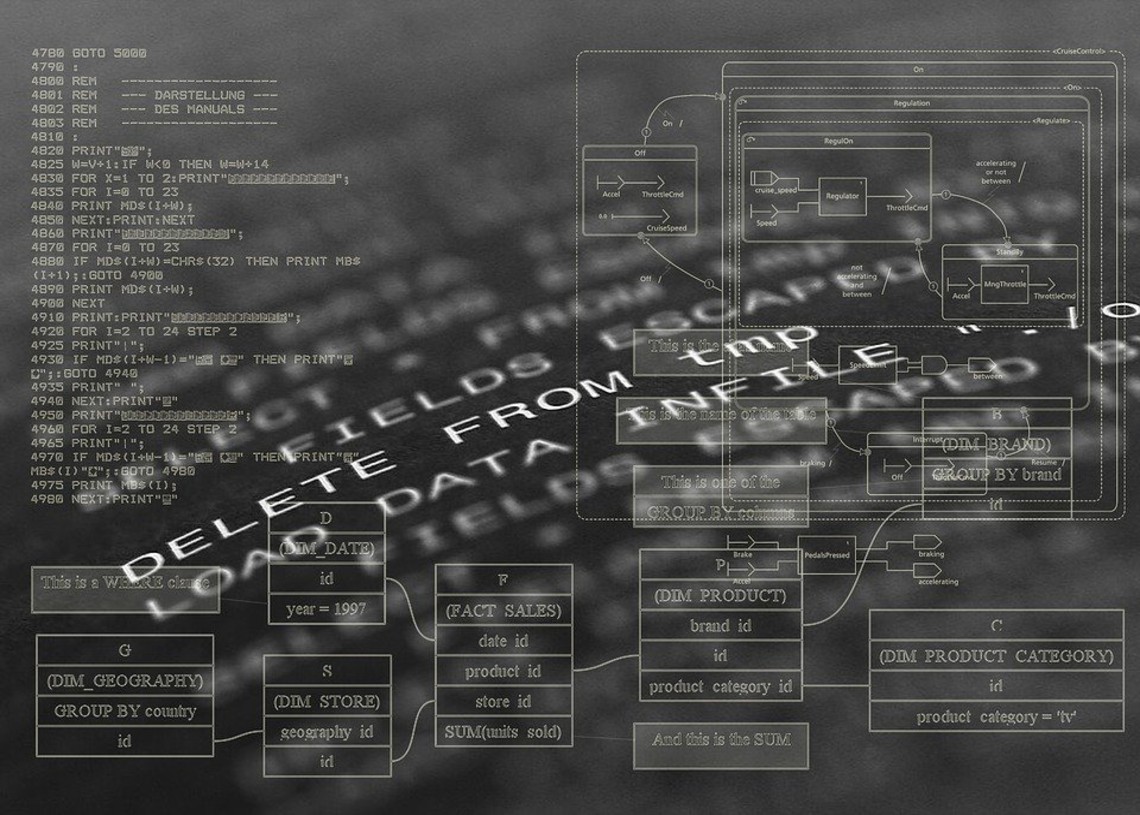The 13th of August 2020 announcement in the UK brought to a close one of the biggest controversies involving an algorithms after the UK government decided to do away with results that had been generated by a computer algorithm. They decided to go with the results that had been suggested by teachers, bringing what had been a weeks-long standoff between the government and students whose results had been downgraded.
The UK event highlighted the power of algorithms, where historical data is used to try and determine future behavior or outcome of a given situation. For UK students, historical performances from previous years were used to adjust grades given by teachers. Its implication was that private schools and schools from well off backgrounds were awarded heavily by the algorithm. However, for students in poor communities and state-run schools, the algorithms ended up deducting grades on their final scores.
Algorithm and discrimination
The naked discrimination by the algorithm was explained away by the Prime Minister of the Uk as a result of “a mutant algorithm”, which was a bald-faced lie. The algorithm did what it was supposed to do and produced the results that it was meant to produce. The results of the algorithm was the actual mutation that affected hundreds of thousands of students whose plans for universities had been changed dramatically by an algorithm.
Application of algorithm has become a blueprint of the future and more industries and institutions are increasingly relying on the technology for quick decision making. A branch of computer science called machine learning (ML) has also been integrated into algorithms to help them become better in decision making.
Technology becoming increasingly used
Technology has become part of our daily lives and many are times we use the technology without even realizing it. Top applications such as Facebook, Youtube, TikTok and Twitter are increasingly becoming reliant on the technology and are applying algorithms and ML in curating the content that might interest their users based on their historic data. These predictions are optimized to keep users on these sites for as much time as possible, recommending content that is tailored to your personality and preferences.
The extension of the ML technology and algorithms have are also being applied in large institutions such as banking and government. The side effects of these applications will be significant in the future with severe consequences.
Future impact of machine learning and algorithms
Algorithms are in the running for taking over tasks such as who should get insurance covers, universal benefits, whose children should get parole and which should be jailed or bonded. The algorithms are also making significant steps in being applied in decisions that will result in implicit and explicit biases.
This will exacerbate the current inequalities and discrimination. However, a human will not be behind these discriminations, algorithms- programmed logic- will do that job, which will make accountability even more difficult in the future.
Featured image by Pixabay







